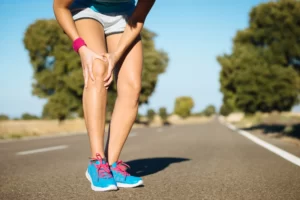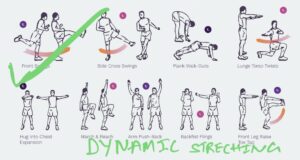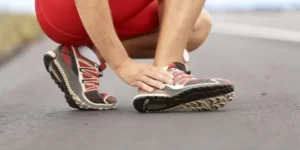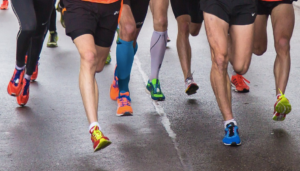Running Myths
You have started fitness journey with running as your main activity and than You quickly discover that there are some running myths and plenty of contradictory advice out there, with this kind of confusing information, you may feel like am i doing right by continue with running for my fitness, or should i choose some other activity for my fitness. Do not get misguided by this myths about running, Let’s find out facts about the 5 common running myths which have all been debunked by the research.
5 Common Running Myths – Let’s Find Facts
Myth 1 – Running will hurt my knees and result in arthritis when I am older
Fact – Running HELPS TO PREVENT OSTEOARTHRITIS
There is growing evidence to show that recreational running can protect against the development of knee osteoarthritis. There is also evidence to suggest that even if you have osteoarthritis, running may not make it worse, and could in fact improve the associated symptoms.
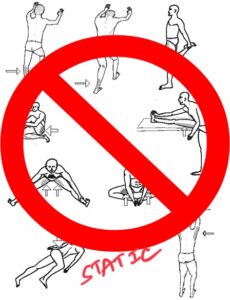
Myth 2- I was injured because I didn’t stretch enough before I ran
Fact -YOU SHOULD DO DYNAMIC STRETCHING
Research shows that static stretching does not reduce the risk of injury, and can actually decrease performance. It will not assist in recovery post-workout, but may improve joint flexibility and aid relaxation. Include dynamic stretching (involving movement) as part of a general warm up.
Myth 3 – I was injured because I wore the wrong shoes for my foot type
Fact – SHOE TYPE DOES NOT MATTER
Evidence is lacking to support the idea that any particular shoe type, whether minimalist, maximalist, traditional, or otherwise, can help to prevent injury. Runners should, however, avoid any rapid changes in shoe type and monitor their overall training load to reduce their risk of injury.
Myth 4 – I should do high-rep, low-resistance strength training to build the strength I need for running
Fact – HIGH-RESISTANCE TRAINING IS BEST
This is a misconception. Muscular endurance is improved during running, so endurance exercises should not be the focus of resistance training. A heavy resistance-training programme, twice weekly for six weeks or longer, has been shown to improve running performance and reduce injury risk.
Myth 5 – If I want to run faster and be injury-free, I need to forefoot strike
Fact – NEITHER FOOTSTRIKE PATTERN IS BETTER
The idea that a forefoot strike reduces injury risk and improves running economy is false. While the type of injury may vary depending on where on your foot you land, the overall incidence of injury does not vary between rearfoot and forefoot strikers.
Runners can correlate with above running myths very well, hope with the facts will keep your confidence and motivation going with Running as your first choice of activity for staying fit in your fitness Journey and want to lose weight , You can check https://runeasyblog.com/running-for-weight-loss/
I tried to put these Myth busting with Facts in simple 40 Sec Short Clip please have look here https://youtube.com/shorts/ruZU7-Ddy6s?si=SQqnD8kACRMupXQB
Run Easy,Happy and Long
